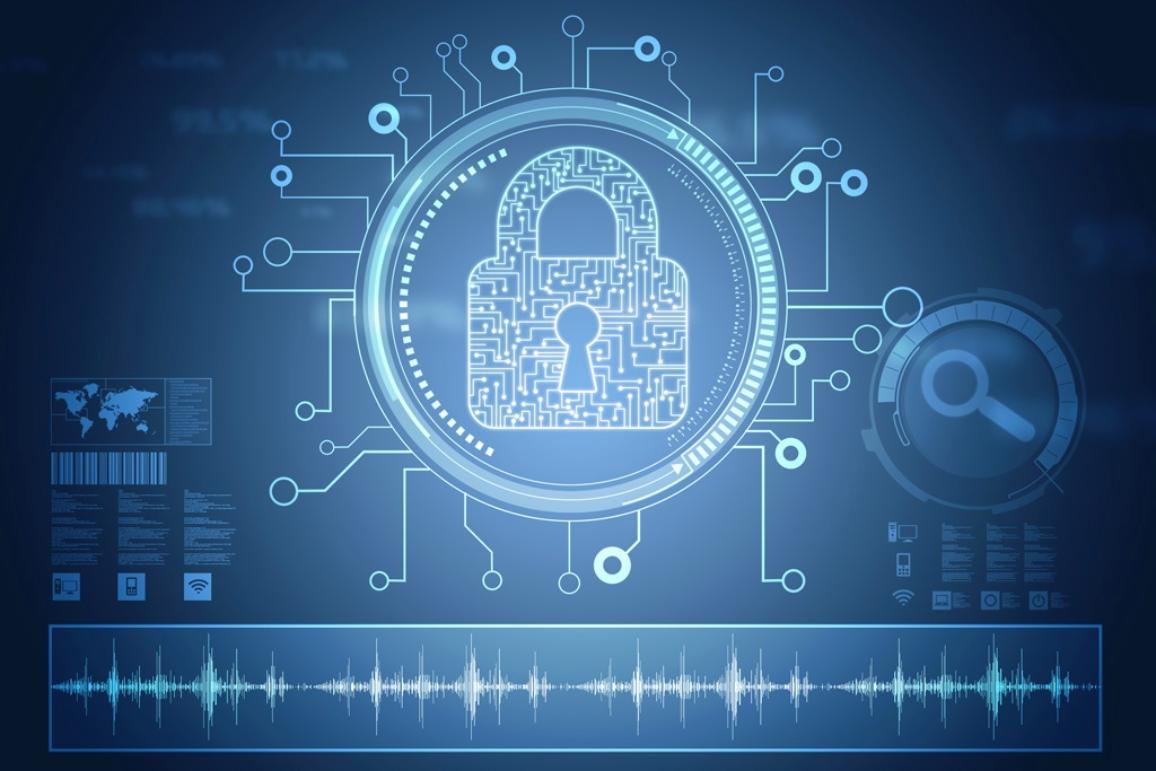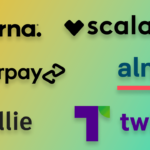Now Reading: A Student’s Guide to AP Cybersecurity: What to Expect
-
01
A Student’s Guide to AP Cybersecurity: What to Expect
A Student’s Guide to AP Cybersecurity: What to Expect

Are you a high school student interested in how computers are protected from digital threats? Do you enjoy problem-solving and want to explore a field with huge career potential? If so, the AP Cybersecurity course might be the perfect fit for you. This class dives into the exciting world of digital defense, teaching you the foundational principles of keeping information safe and secure online. It’s a journey into understanding cyber attacks, building strong defenses, and learning the ethical responsibilities that come with this powerful knowledge. Think of it as becoming a digital detective and a security guard all in one.
This guide will walk you through everything you need to know about the AP Cybersecurity course. We will cover the core topics, what the exam looks like, and why this class could be a game-changer for your future. Whether you’re already a tech whiz or just curious about the digital world, let’s explore what makes this subject so important.
Key Takeaways
- AP Cybersecurity is a foundational course that introduces high school students to the principles of digital security and privacy.
- The curriculum covers a wide range of topics, including cryptography, network security, system hardening, and ethical hacking.
- Successfully completing the course and exam can earn you college credit and provide a significant advantage for a future career in technology.
- The course emphasizes hands-on learning and real-world problem-solving skills, not just memorizing facts.
- It is designed to be accessible even to students without a deep background in computer science.
What is AP Cybersecurity?
The AP Cybersecurity course is a new addition to the College Board’s Advanced Placement program, designed to introduce students to the fundamentals of cybersecurity. Unlike a standard computer science class that might focus on programming, this course centers on the principles and practices of defending computer systems, networks, and data from unauthorized access or attack. You’ll learn how to identify vulnerabilities, understand common threats like malware and phishing, and implement strategies to protect digital assets. The goal is to provide a comprehensive, entry-level understanding of the cybersecurity landscape, preparing you for both college studies and potential career paths in this rapidly growing field.
Who Should Take This Course?
You don’t need to be a coding genius to succeed in AP Cybersecurity. This course is designed for a broad range of students. If you find yourself in any of these categories, you should consider enrolling:
- The Problem-Solver: You enjoy puzzles, figuring out how things work, and finding creative solutions to challenges.
- The Future Tech Leader: You know you want a career in technology but aren’t sure which path to take. This course provides a great overview of a critical sector.
- The Ethically Minded Student: You are interested in the rules and responsibilities of our digital society and want to be part of making it safer.
- The Curious Learner: You hear about data breaches and cyber attacks in the news and simply want to understand what’s really happening behind the scenes.
The curriculum builds from the ground up, making it accessible and engaging for anyone with a genuine interest in the subject.
Core Topics Covered in the AP Cybersecurity Curriculum
The course is broken down into several key units, each focusing on a different pillar of cybersecurity. While the exact structure can vary, you can expect to dive deep into the following domains.
1. The Foundations of Cybersecurity
This initial unit sets the stage. You’ll learn about the “CIA Triad”—Confidentiality, Integrity, and Availability—which are the three core goals of any security program.
- Confidentiality: Keeping data private and secret.
- Integrity: Ensuring data is accurate and has not been tampered with.
- Availability: Making sure that systems and data are accessible to authorized users when needed.
You’ll also explore the ethical and legal issues surrounding cybersecurity, understanding the difference between a “white hat” (ethical) hacker and a “black hat” (malicious) one.
2. Cryptography: The Art of Secret Messages
Cryptography is the science of encoding and decoding information. You’ll explore the history of ciphers, from ancient techniques to the complex algorithms that protect your data today. This unit covers topics like symmetric encryption (using the same key to lock and unlock data) and asymmetric encryption (using a public and private key pair). Understanding cryptography is fundamental to an AP Cybersecurity education because it’s the technology behind secure online shopping, private messaging, and protecting your passwords. You’ll likely get hands-on experience encrypting and decrypting messages to see these concepts in action.
3. Network Security Fundamentals
How does data travel safely across the internet? This unit answers that question. You will learn about network architecture, including routers, switches, and firewalls. A major focus is on identifying and mitigating network-based attacks. You’ll study common threats like Denial-of-Service (DoS) attacks, where attackers flood a network to make it unavailable, and Man-in-the-Middle (MitM) attacks, where an attacker secretly intercepts communication between two parties. Protecting the network is a cornerstone of any robust security strategy.
Common Network Security Tools
- Firewalls: Act as a barrier between a trusted internal network and an untrusted external network (like the internet).
- Intrusion Detection Systems (IDS): Monitor network traffic for suspicious activity and issue alerts.
- Virtual Private Networks (VPNs): Create an encrypted “tunnel” to protect your data when using public Wi-Fi.
4. System Security and Hardening
While network security protects the perimeter, system security focuses on protecting the individual devices—laptops, servers, and smartphones. This is often called “hardening” a system. You will learn how to configure operating systems like Windows and Linux to be more secure, manage user accounts and permissions, and apply software patches to fix vulnerabilities. A key topic in this area of AP Cybersecurity is understanding malware, which includes viruses, worms, ransomware, and spyware. You’ll analyze how malware spreads and learn best practices for preventing infections.
5. Incident Response and Forensics
What happens when a security breach occurs? This unit covers incident response—the step-by-step process organizations follow to manage a cyber attack. The goal is to contain the damage, eradicate the threat, and recover normal operations as quickly as possible. You will also touch upon digital forensics, which is the process of collecting and analyzing digital evidence after an incident. This could involve examining log files or recovering deleted data to figure out exactly what happened, who was responsible, and how to prevent it from happening again.
Preparing for the AP Cybersecurity Exam
The culmination of the course is the AP exam. Passing this exam with a high score (typically a 3, 4, or 5) can earn you college credit at many universities, allowing you to skip introductory-level courses. The exam will test your knowledge of all the core topics through a combination of multiple-choice questions and free-response questions.
The free-response section is particularly important, as it will require you to apply your knowledge to solve real-world scenarios. For example, you might be given a description of a company’s network and asked to identify potential vulnerabilities or outline a plan to improve its security. To prepare, focus on understanding the why behind security principles, not just memorizing definitions.
AP Cybersecurity Exam Format at a Glance
|
Section |
Question Type |
Time Allotted |
Weight |
|---|---|---|---|
|
I |
Multiple-Choice Questions |
90 minutes |
60% |
|
II |
Free-Response Questions |
90 minutes |
40% |
Why is Studying AP Cybersecurity So Valuable?

Taking this course offers benefits that extend far beyond a potential college credit. The skills you learn are increasingly vital in our digital world.
A Pathway to a High-Demand Career
The demand for cybersecurity professionals is skyrocketing. By 2025, it’s estimated there will be millions of unfilled cybersecurity jobs globally. This course gives you a foundational understanding that can be a launchpad for a career as a security analyst, ethical hacker, digital forensics investigator, or security engineer. Having AP Cybersecurity on your college applications and resume shows initiative and a serious interest in a critical field, making you a more attractive candidate. Many find that this early exposure helps them choose a specific focus for their future studies and career.
Developing Critical Thinking Skills
Cybersecurity is all about thinking like an attacker to build a better defense. This requires a unique blend of analytical reasoning, problem-solving, and creativity. You will learn to look at systems not just for how they are supposed to work, but for how they can be broken. This mindset—the ability to anticipate problems and think several steps ahead—is an incredibly valuable skill in any field, from business to engineering.
Becoming a Responsible Digital Citizen
Even if you don’t pursue a career in tech, the knowledge gained from an AP Cybersecurity course will make you a safer and more informed digital citizen. You’ll learn how to protect your own personal information, spot phishing scams from a mile away, and secure your home network. In an era where data breaches are common, these practical life skills are essential for everyone. You’ll be better equipped to navigate the digital landscape safely, protecting yourself and your family. In fact, many resources online, like those found on platforms such as Forbes Planet, often highlight the growing importance of digital literacy for all ages.
Conclusion
The AP Cybersecurity course is more than just another high school class; it’s an entry point into one of the most important and fastest-growing fields of the 21st century. It equips you with practical, real-world skills that are in high demand while teaching you to think critically and act ethically in a digital world. Whether you dream of becoming a professional cyber defender or simply want to protect your own data more effectively, this course offers a wealth of knowledge. By exploring the foundations of cryptography, network defense, and system security, you are taking a significant first step toward a future-proof skill set and a deeper understanding of the technology that shapes our lives.
Frequently Asked Questions (FAQ)
1. Do I need programming experience to take AP Cybersecurity?
No, the course is designed to be an introduction and does not require a background in programming. While some familiarity with computers is helpful, the focus is on security principles and concepts rather than writing code.
2. What’s the difference between AP Computer Science A and AP Cybersecurity?
AP Computer Science A is a programming-focused course that teaches you how to code, primarily in the Java language. AP Cybersecurity focuses on the principles of defending systems and data from attacks. They are complementary subjects, but they cover very different aspects of technology.
3. What kinds of careers can this course lead to?
This course can be the first step toward careers like Security Analyst, Penetration Tester (Ethical Hacker), Cybersecurity Consultant, Digital Forensics Expert, and Network Security Administrator. Every major company and government agency needs professionals with these skills.
4. Is the course difficult?
Like any AP course, it is designed to be challenging and cover a lot of material. However, if you have a genuine interest in the topic and are willing to engage with the hands-on activities, you will be well-positioned to succeed. The emphasis is on logical thinking and problem-solving.
















